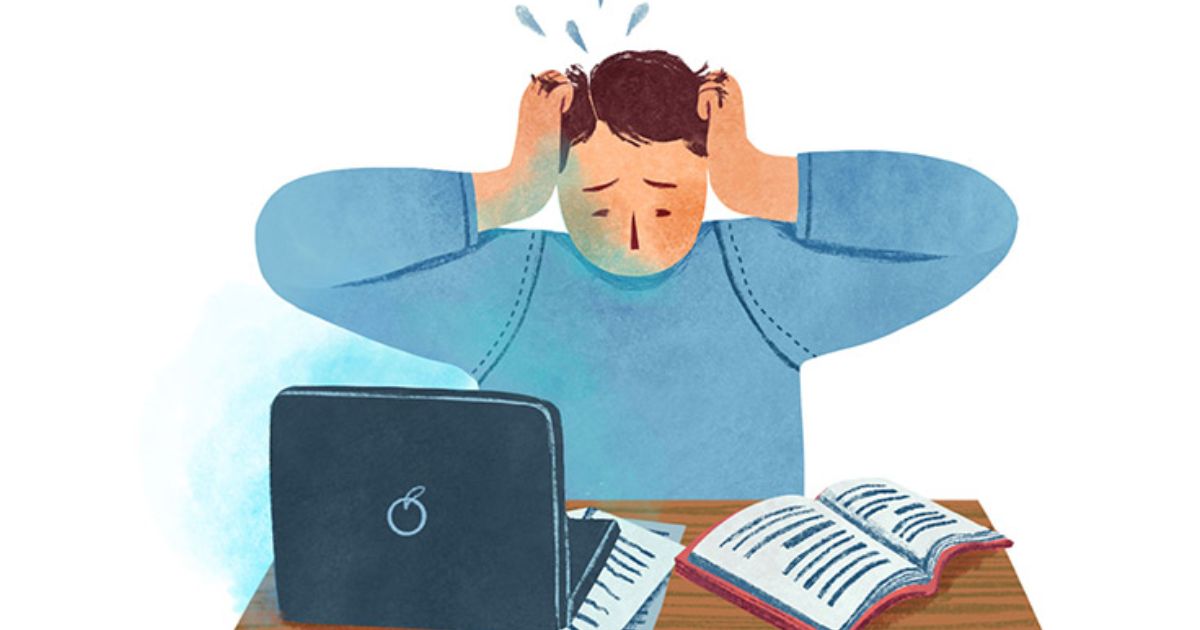In a world characterized by rapid transformation and fierce rivalry, the adolescent mental health is confronted with new challenges on the children’s way to becoming adults.
The weight of societal expectations, educational supremacy and pivotal occupational choices cast a long shadow on this period of life.
Insecurities, a lack of self-belief and striving to overcome hardships are among the key impediments for today’s youth.
Recent studies reveal an alarming picture of adolescent mental health. A recent survey has showed that one in five students in the country has signs of mental health issues.
Moreover, statistics also show that 16.8% of young people aged 18-24 suffer from depression.
Surprisingly, India records 35% suicides within the age group of 15-24 years constituting the highest number globally.
Tragically, most of these cases involve young individuals who see no one to consult regarding their mental health issues.
This underscores the urgency and gravity of the situation where experts insist on society’s obligation to unconditionally support this group.
According to Dr. Neerja Birla, who is behind the M Power initiative, it is of utmost importance to build a society that actively supports infants in their emotional growth as they begin to understand them.
She further explains that children should be encouraged to express themselves freely and without fear of being judged or stigmatized by others in order for them to thrive just like any other child.
Introducing awareness about emotional well-being can be a basis for ensuring sustainable adolescent mental health.
One major strategy that emerges during this phase is the incorporation of mental health education into school curriculums.
According to Dr. Birla, schools can provide comprehensive curriculum modules as opposed to mere awareness campaigns.
In this case, she discusses how these modules can empower both students and teachers by giving them detailed information on various markers related to mental health disorders.
Apart from instilling resilience so that learners can cope with stressors effectively, such modules promote seeking help culture among students more than anything.
With regard to moving on to tertiary level institutions, there is an increasing need for strengthened campus based mental support programs.
Dedicated institutional support units can play a crucial role during this critical phase in life that is adolescence.
In this light, initiatives like peer mental health support programs spearheaded by students are instrumental in encouraging positive and empathetic approaches towards mental well-being.
By training students on initial mental health aid and creating safe spaces for talking about these problems openly, these initiatives build a supportive atmosphere that allows open discussion of mental health concerns.
However, tackling with adolescent mental health challenges, call for collective responsibility from all sections of society.
Maintaining open channels of communication about mental health is necessary to ensure that talking about mental wellness becomes normal in India.
Empowering young people with strong psychological immunity will enable them to navigate through the intricacies of their early years and emerge as able leaders.
Most noticeably, awareness regarding mental health emerges as an inevitable leadership trait that produces bold and understanding leaders who promote an inclusive community that does not discriminate against those experiencing such issues.
From the aforementioned it can be concluded that youth’s mental wellbeing is a priority which cannot be overstated.
It requires several approaches such as integrating knowledge on mental disorders into school curricula, enhancing counseling systems within campuses or even building a culture where individuals can openly discuss their feelings regarding emotional wellness.
Therefore, society should invest in the wellbeing of adolescent mental health which will prepare them to become resilient leaders who will create a world where mental illnesses are appreciated, understood and supported.




























